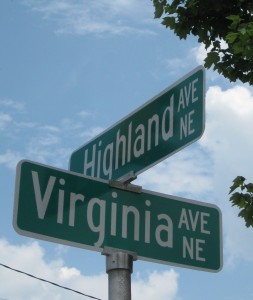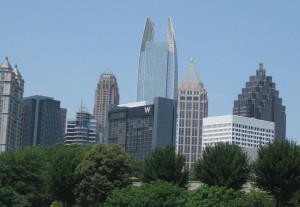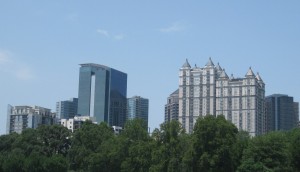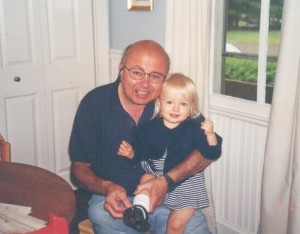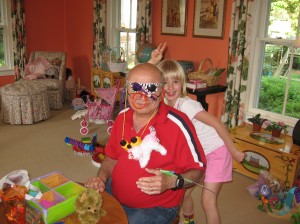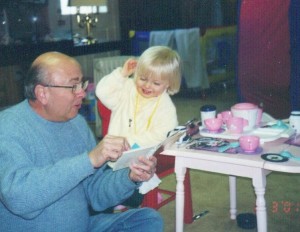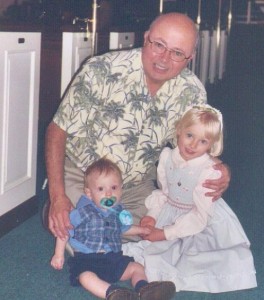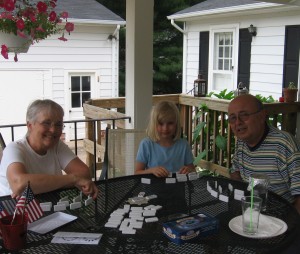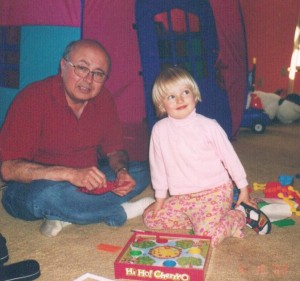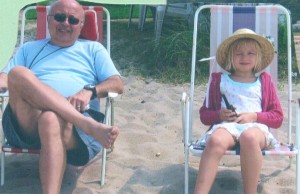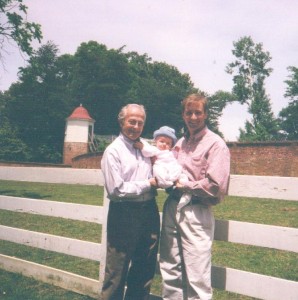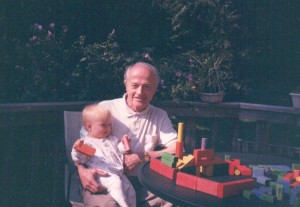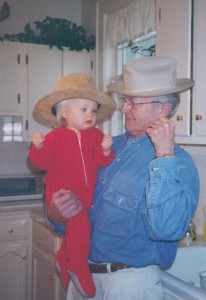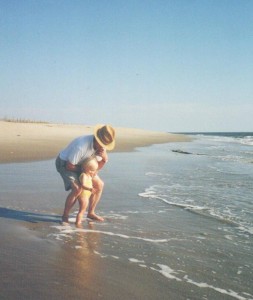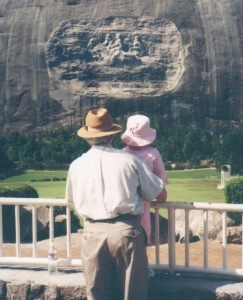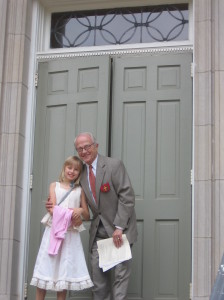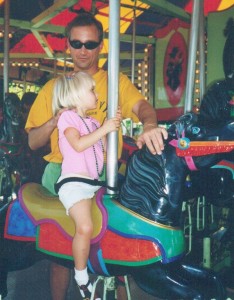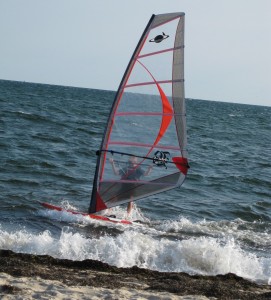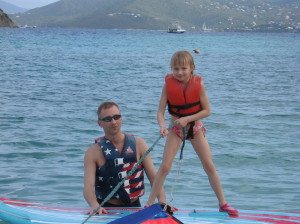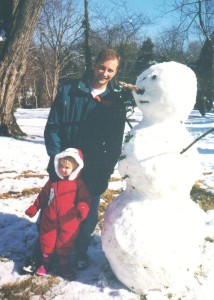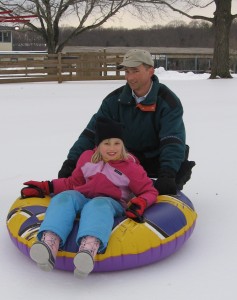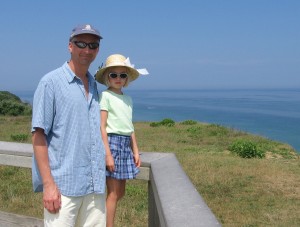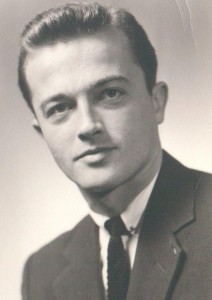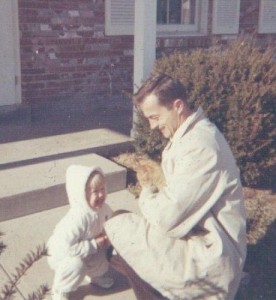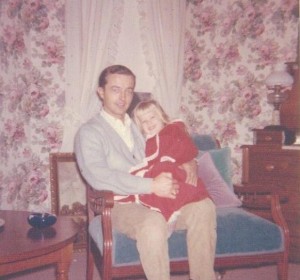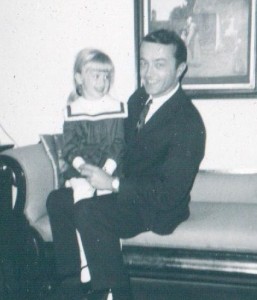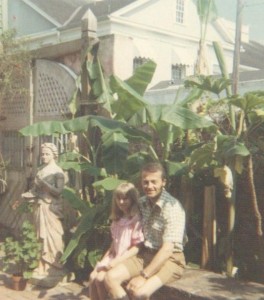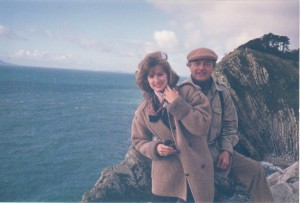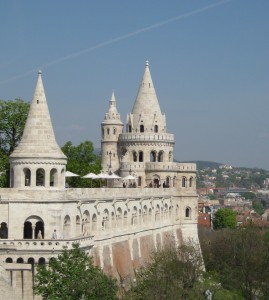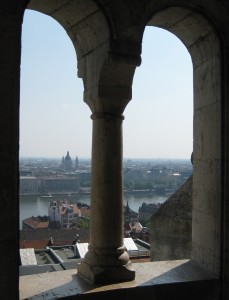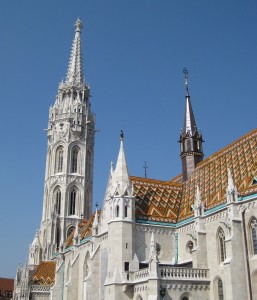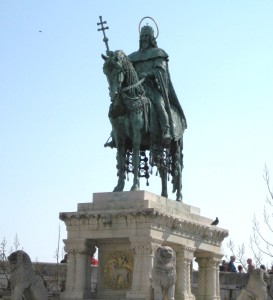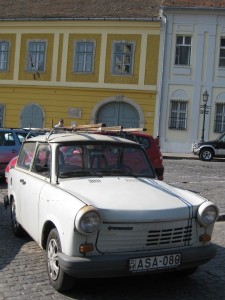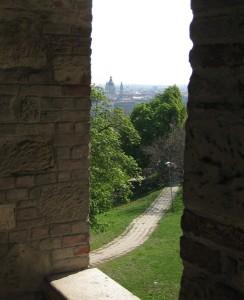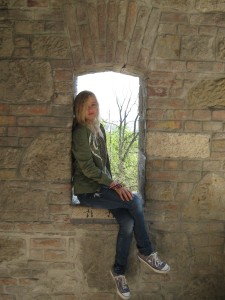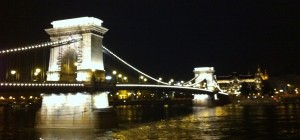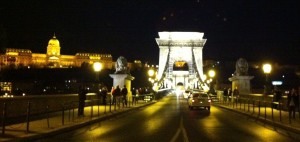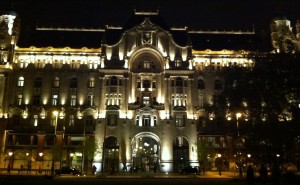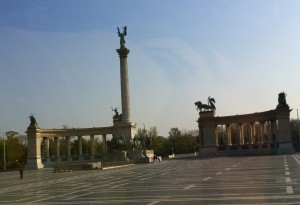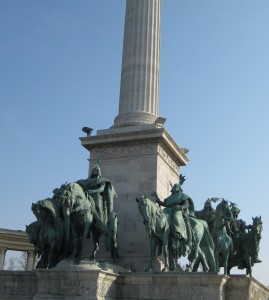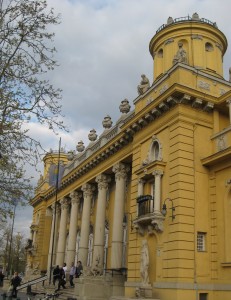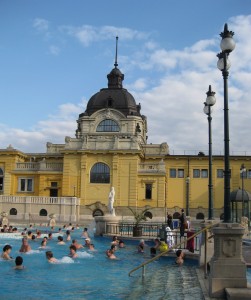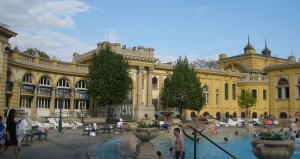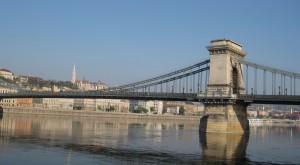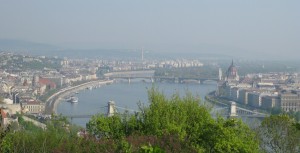During our time in Atlanta, my daughter and I usually spend part of one day browsing the eclectic shops of the Virginia-Highland neighborhood. Developed in the early 1900s as a “streetcar suburb,” with trolley lines to downtown, Virginia-Highland is now one of the city’s most inviting and vibrant sections. It wasn’t always this way.
When we moved to Atlanta in the late-60s, many such in-town neighborhoods were, to varying degrees, down at the heels. We found an affordable house in Morningside, which adjoins Virginia-Highland. Most Morningside homes dated from the 1930s. Small but well-built, many resembled English cottages. It was a neighborhood with great bones, but a bit tired and frayed. It had the look of a place whose heyday had passed. Most of our neighbors were elderly; Mama and Daddy were among the few young kids. Many homes were behind on routine maintenance. As anyone with a renovator’s soul and an affinity for hard work recognizes, this is the time to buy. Things will get better, my parents reasoned, and they would be instrumental in the upswing.
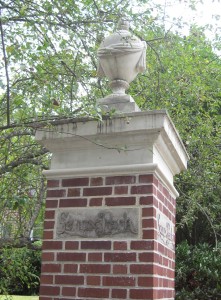
Virginia-Highland was shabbier at the time than Morningside; it was older and had had more time to slide into dishevelment. Both neighborhoods were haunted, now and then, by the ghost of a rumor that a highway was being considered in the area. My parents, and others new to the area, decided to regard it as neither likely nor imminent. But in the years to follow, the threat became all too vivid.
The temper of the times was changing. Fear of inner city crime was mounting. The conflicts over school desegregation never turned violent in Atlanta as they did in some cities, but they prompted more homeowners to sell and flee to the suburbs. Older neighborhoods like ours were increasingly branded by state officials as futureless pockets of urban decay. What Progress required, according to the Georgia Highway Department, was a multi-lane freeway to whisk city workers safely home in the evenings to suburban promised lands. The highway, named I-485, would cut a frighteningly large swath through the hearts of Morningside and Virginia-Highland. The ghost was real, and it meant business.
Almost immediately, the state began a fierce program of land reclamation to prepare for the road. Many elderly owners were frightened into accepting low offers for their properties, which were quickly razed or left to deteriorate, unprotected from nature and vandals. It was heart-renching when the moving vans arrived and the slow exodus of boxed-up belongings began. It was heartbreaking when the “Condemned” signs were posted. There were a few brave owners, however, who refused to leave, even under threat of legal action. Some of these determined residents remained in the homes they had built, even as they seemed poised to tumble down around them.
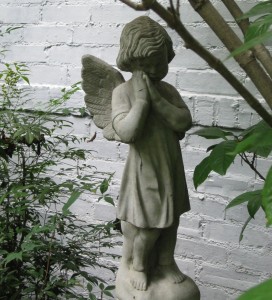
I-485 appeared unstoppable once the demolition machines were roaring. It could easily have been declared a lost cause. But a coalition to oppose the road had taken root, and like those who refused to move, this group wasn’t afraid to persevere. Several young Morningside mothers, including Mary Davis and Barbara Ray, who were parents of my friends, played a crucial role in countering the conflict. Energetic and zealous, they rallied their friends and neighbors. They formed the Morningside-Lenox Park Association specifically to fight the road. They explored various legal angles and kept working even as other groups lost hope. There were several points when it looked as though the fight was unwinnable. But each time they persisted; these women did not give up. After a while, some of the most pessimistic among us began to glimpse the possibility that together, perhaps, we might triumph. And if we didn’t, it was certainly worth our best effort. As the coalition gained in strength and numbers, the tide gradually began to turn. After several years of closely fought legal battles and imaginative grass-roots efforts, the freeway was stopped.
At first it was hard to believe that we had won. We had lived with the fight, and with uncertainty, for so long, but now it was history. The reality of relief set in. Thanks to five fiercely determined young mothers, our homes and neighborhoods were safe. Now it was time to start the clean-up. We would be here for a while.

